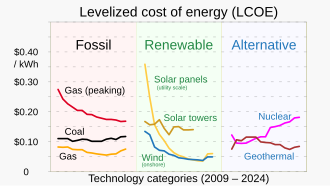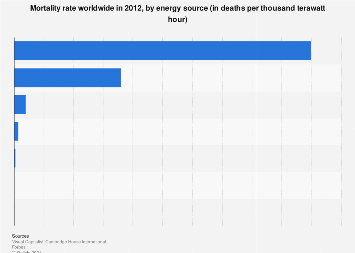The past segment has shown that total energy request is firmly related to the populace and abundance of human social orders, yet there is impressive variety starting with one country then onto the next. A key inquiry is whether energy utilization increments because more well-off individuals request more labor and products, or regardless of whether the accessibility of this energy drives the increment in abundance. By and by, the two components exist together and are associated, with changes in Power to Choose energy accessibility, innovation, pay, and populace supporting each inside sure input circles.

Setting up the overall significance of various factors is correspondingly troublesome, with complex econometric examinations giving inconsistent outcomes. The standard view is firmly impacted by conventional financial aspects, which contends that the little portion of energy in absolute info costs infers that expanded energy utilization can just give a little commitment to the development in monetary yield. Robert Solow was granted the Nobel Memorial Prize in Economics for fostering a model of monetary development that disregarded energy inside and out, and it wasn’t until the 1970s that universal ‘creation capacities’ regularly included energy as one of their bits of feedback. Interestingly, numerous financial students of history, normal researchers, and biological market analysts believe energy to be basic for monetary development—with the huge energy surplus from petroleum derivatives freeing mankind from earlier biophysical limitations:
… insofar as provisions of both mechanical and hotness energy were molded by the yearly quantum of insolation and the effectiveness of plant photosynthesis in catching approaching sun-oriented radiation, it was inactive to anticipate an extreme improvement in material states of the majority of humankind…
… monetary development in the past has been driven fundamentally not by ‘mechanical advancement’s in some broad sense, but rather explicitly by the accessibility of less expensive energy… from coal, oil and gas…. As Alvin Weinberg once said, energy is a definitive asset. It is fundamental. It is required for each monetary area and movement, and there is no substitute….
Environmental financial experts guarantee that the upgrades in labor usefulness throughout the last century have to a great extent been accomplished by giving specialists expanding amounts of energy, both straightforwardly and by implication, as typified in capital gear and innovation. There has likewise been a reformist shift towards greater energy transporters (for example more energy thick, more adaptable, more movable) which has permitted more monetary yield to be delivered from every unit of energy input. Capital hardware encapsulates mechanical advancements, yet since the essential utilization of that gear is to change energy streams into energy administrations, and since the gear would be pointless without those energy streams, specialized change and expanded energy use are firmly connected. Environmental financial analysts in this way see energy as offering more to monetary development than is proposed by its little portion of all-out input costs. It can also be achieved by developing thermodynamic change effectiveness and moving toward greater energy inputs, but this may also be achieved by moving toward more essential energy.
The attainability of huge energy request decrease might depend to some extent on which of these perspectives is right—with the conventional viewpoint recommending more degree for lessening energy interest than the natural viewpoint. In any case, the connection between expanded energy inputs, specialized change, and monetary development is complicated and the experimental proof is available to contending understandings.

